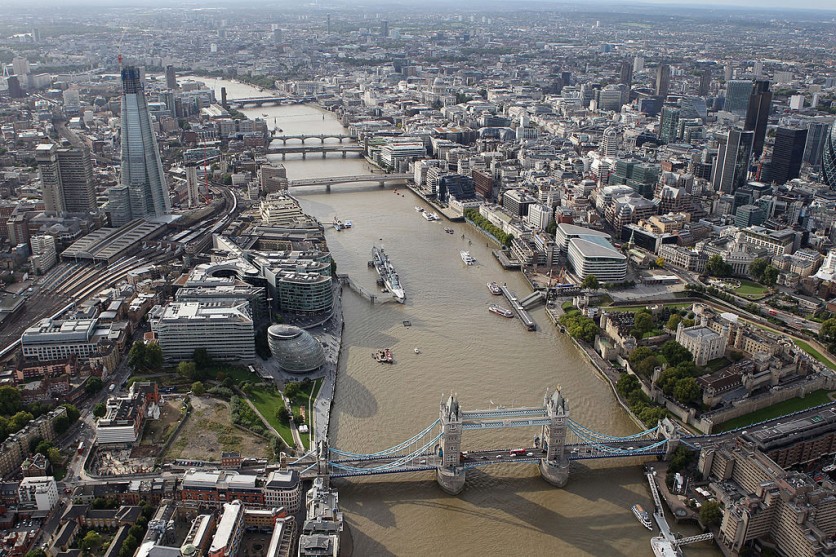Plastic pollution has long been a global environmental concern, but a new study conducted in the UK has revealed that plastic litter in rivers may be more than just an eyesore: it could facilitate the transport of dangerous pathogens downstream, raising serious concerns about public health.
Phys.org tells us that the research, which focused on the River Sowe in Warwickshire and West Midlands England, highlights the potential risks associated with plastic pollution in our freshwater ecosystems.

Pathogen 'Hitch-hiking' Streams
The study, published in the journal Microbiome, was led by Vinko Zadjelovic of the University of Antofagasta in Chile, and it sheds light on the relationship between plastics, microbes, and human health.
When plastic waste finds its way into rivers, it becomes a breeding ground for various microorganisms, which can harbor bacteria and viruses known to cause human diseases and antibiotic resistance.
Zadjelovic expressed the significance of their findings, saying, "Our findings indicate that plastics in freshwater bodies may contribute to the transport of potential pathogens and antibiotic resistance genes. This could have indirect but significant implications for human health."
The Threat of Antibiotic Resistance
Antibiotic resistance is an escalating public health concern with the potential to claim millions of lives in the coming decades.
According to the Centers for Disease Control and Prevention (CDC), at least 2.8 million antimicrobial-resistant infections occur in the United States each year, claiming more than 35,000 lives.
The World Health Organization (WHO) predicts that unless new antibiotics are developed, these infections will cause up to 10 million deaths per year by 2050.
The study's findings highlight the need for more stringent monitoring of wastewater treatment plants, which should ensure that discharges into rivers do not contain harmful human pathogens.
Water samples collected from the River Sowe in February 2020 contained pathogens such as Salmonella, Escherichia coli (E. coli), and Streptococcus, which can lead to various illnesses, including strep throat.
What's particularly worrisome is that the plastic and wooden debris in the river attract "opportunistic" bacteria, including Pseudomonas aeruginosa and Aeromonas, which can pose risks to individuals with weakened immune systems.
Pseudomonas aeruginosa was nearly three times more abundant on "weathered plastic" than on wood. Additionally, the genes responsible for antibiotic resistance were more prevalent on this weathered plastic.
UK's Water Pollution Concerns
This research comes at a time when British water companies have faced significant public scrutiny for releasing raw sewage into the UK's waterways and underreporting pollution incidents.
Rivers serve as the primary conduit for plastic waste to enter the world's oceans, contributing substantial quantities of plastic annually-ranging from 3.5 thousand to 2.41 million metric tons.
The study's results underscore the urgent need to address plastic pollution in our rivers and freshwater bodies, as it not only harms the environment but could also pose a significant risk to human health.
Stay posted here at Tech Times.
Related Article : Amazon Deforestation: Study Reveals Its Alarming Impact on Global Warming, Climate Change

![Apple Watch Series 10 [GPS 42mm]](https://d.techtimes.com/en/full/453899/apple-watch-series-10-gps-42mm.jpg?w=184&h=103&f=9fb3c2ea2db928c663d1d2eadbcb3e52)



